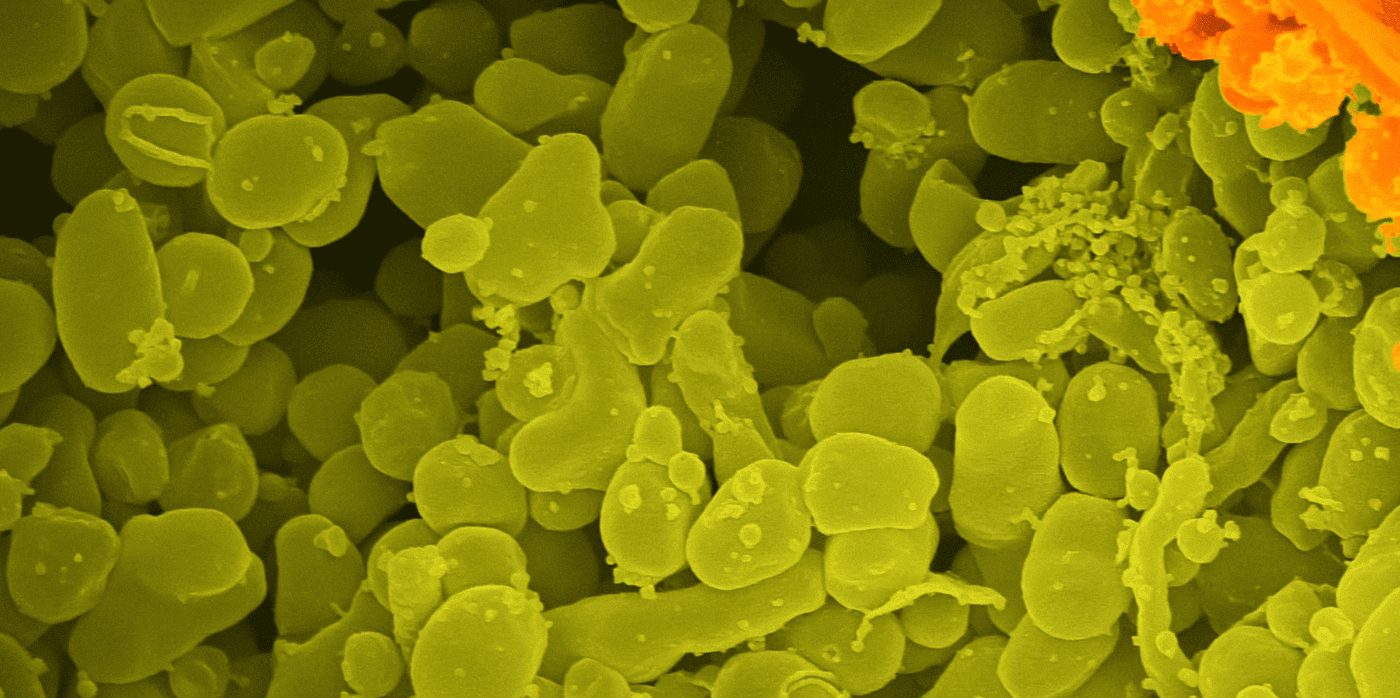Can we combat antimicrobial resistance with precision antibiotics?

Spotted: The World Health Organization (WHO) warns that “the world faces an antibiotics pipeline and access crisis.” Antimicrobial resistance (AMR) is rising worldwide while research and development fall further behind. In the last 30 years or so, the number of new antibiotics developed has decreased considerably. This is making infections much more difficult to treat while significantly increasing the risk of what, until now, had been routine surgeries.
Following a review of 3,000 scientific papers published in the last decade, the WHO created a priority list of the top 40 most important research topics. The list is meant to help scientists around the world focus their work on the areas needing support to lessen or prevent further AMR.
Scottish biotechnology company Glox Therapeutics is building on the vast experience of its founders to create extra strong, targeted antibiotics that target several of the illnesses on WHO’s list of 40. The new antibiotics are engineered to attack only the disease-causing agents and nothing else. This helps reduce a patient’s level of illness during treatment by not further weakening the body.
The extremely narrow application of the antibiotics also makes them much more difficult for pathogens to adapt to, which is what helps reduce the risk of further development of AMR. The company’s initial focus is on two pathogens, P. aeruginosa and K. pneumoniae, which cause ventilator-associated pneumonia. The medicines are delivered intravenously. Sepsis, lung infections in patients with cystic fibrosis, and other acute pneumonias are some of the diseases being targeted in the company’s next stage of research.
The global development of AMR is a major concern, with innovations spotted by Springwise highlighting solutions that include a new library of DNA to help researchers more rapidly develop new antibiotics and an antimicrobial lipstick.
Written By: Keely Khoury



